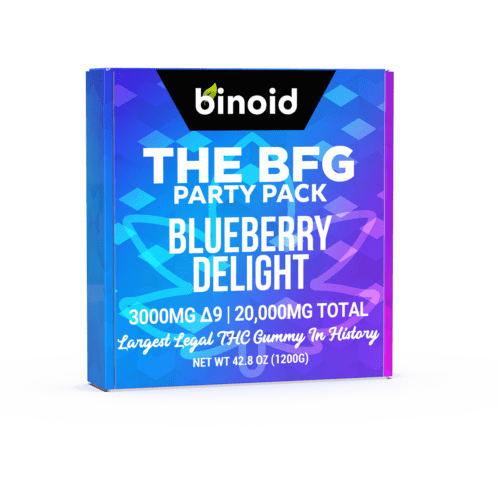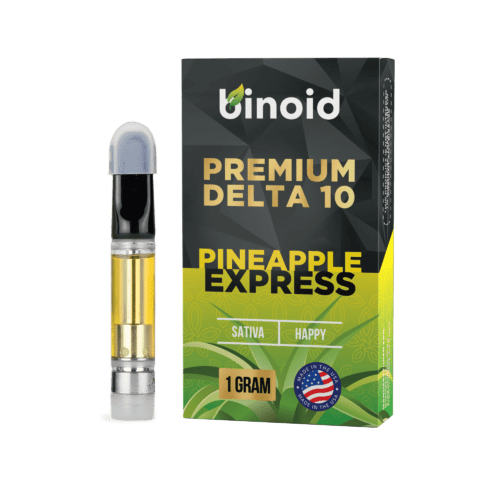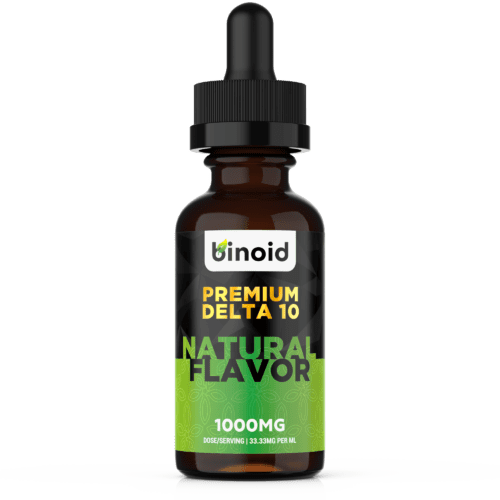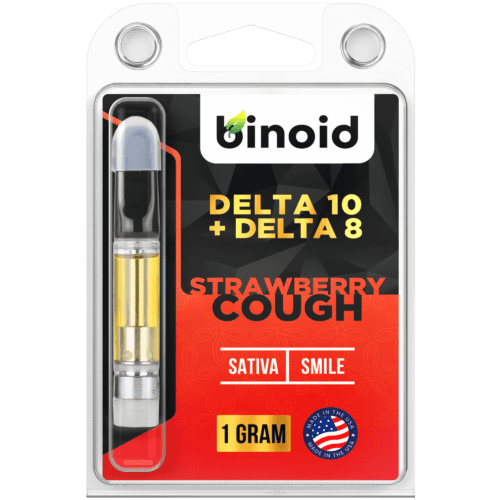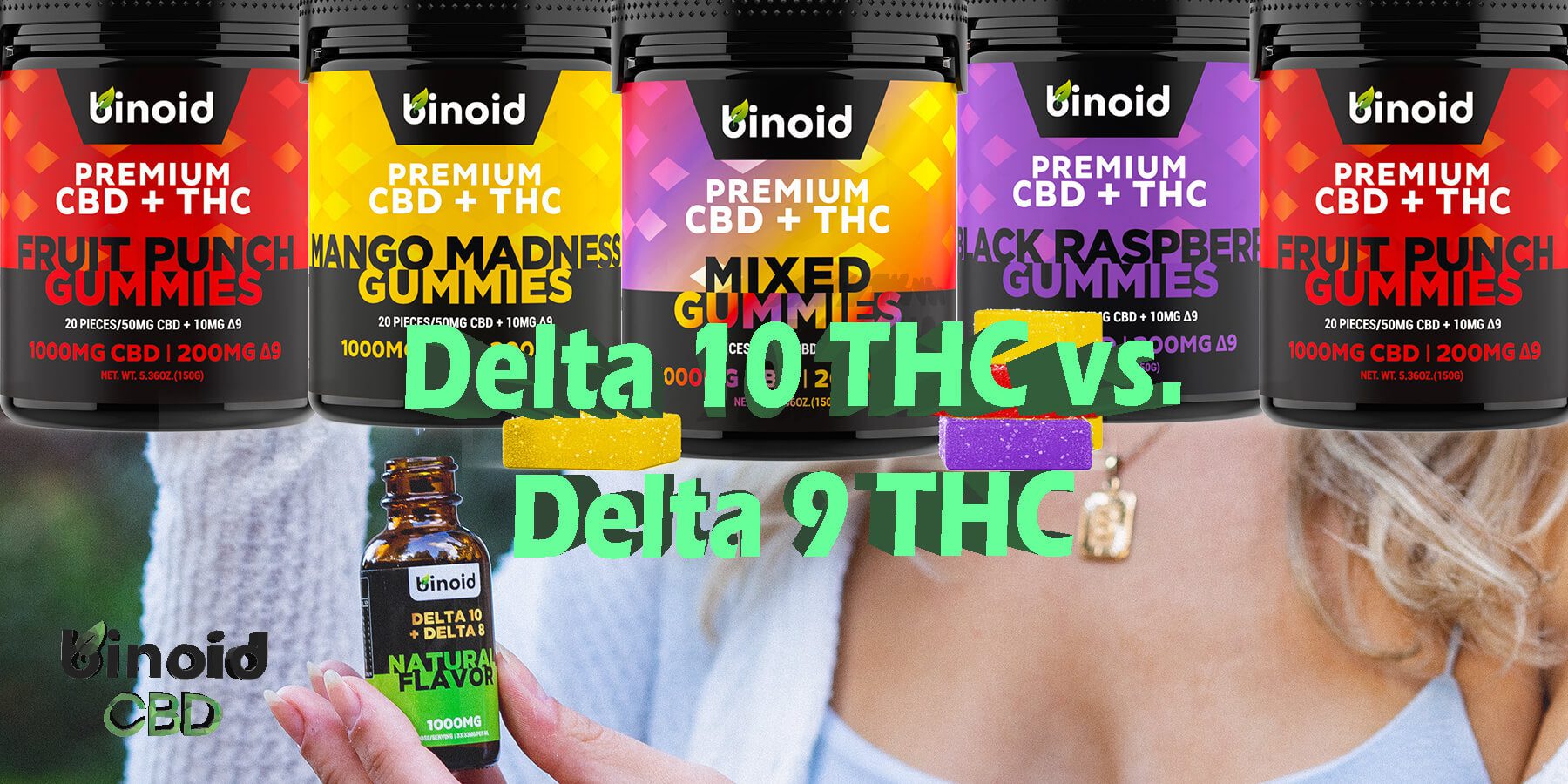
Delta 10 THC vs. Delta 9 THC
Did you know the hemp plant hosts over 100 unique cannabinoids, each one with its own properties that can play a major role in how we feel? Two cannabinoids that are commonly compared to one another are delta 9 THC and delta 10 THC, and the name alone can give you good indication as to why.
These two cannabinoids are structurally very similar to one another, but in terms of how they affect us physiologically, the differences are dramatic enough that it’s important to compare them to one another. They both promise an enjoyable high, but ultimately, their properties lead to totally one-of-a-kind experiences.
To Buy Delta 9 THC and Delta 10 THC Products Click Here
Why Choose Delta 9 THC?
Delta 9 Origins
Delta 9 THC was first isolated back in 1964 by cannabis researchers. The cannabinoid makes up only about 0.3% of the hemp plant’s chemical composition, but in marijuana, it can make up more than 25% of the plant.
Delta 9’s Psychoactive Properties
Most of us already know that delta 9 THC is a psychoactive cannabinoid, since it’s the most widely used cannabinoid in cannabis. The ‘high’ is quite potent, but not the most potent in all of the plant. The high can be go both ways in terms of being euphoric and mellowing, while still making the body feel at ease. Delta-9 can cause some level of impairment due to interfering with mental clarity.
Delta 9’s Non-Psychoactive Properties
Delta 9 THC has also been widely researched for its other properties that have nothing to do with being psychoactive. The medical marijuana industry exists because of these well-established effects of delta-9:
- Effects on Nausea and Appetite: Studies have found that taking delta 9 may increase appetite, while also reducing nausea and instances of vomiting
- Mood-Enhancing Effects: Studies has shown that delta 9 interacts with neurotransmitters that control our mood, potentially boosting our state of mind while lowering our stress levels
- Anti-Inflammatory and Analgesic Properties: Delta 9 THC could play a role in managing physical discomfort thanks to a combination of analgesic and anti-inflammatory properties, according to studies done over the years
- Neurological Balance: Studies also show that delta 9 THC could potentially balance neurological functions, with particular value to those who have multiple sclerosis and epilepsy
Purpose for Taking Delta 9
There are a number of reasons for taking delta 9 THC. Like we mentioned the medical marijuana industry provides delta 9 to people daily so that they can manage all kinds of chronic symptoms. But, the cannabinoid also has recreational value, as a lot of people without those qualifying conditions find that the high is extremely enjoyable.
Delta 9’s Legality
Delta 9 products must be hemp-derived and contain no more than 0.3% delta 9 to be sold legally on a federal level. The federally compliant delta 9 products on the market all come from the hemp plant, and while they only have 0.3% delta 9 in them, the portion sizes of these products mean that the 0.3% comes out to a considerable number of milligrams of delta 9.
Why Choose Delta 10 THC?
Delta 10 Origins
Delta 10 THC is a newly discovered cannabinoid which was discovered by accident. It’s a very minor cannabinoid in the hemp plant, meaning that it only exists in trace levels, and because it’s so new, little is known about the chemical properties of the cannabinoid.
Delta 10’s Psychoactive Properties
Delta 10 THC is about 70% as intoxicating as delta 9, making it a milder high. It’s about as intoxicating as delta 8 THC, for reference. The high is usually described as uplifting, both physically and mentally, and commonly compared to the effects of a sativa strain. In general, it’s less likely to be disruptive of mental clarity, which means that people may feel more “functional” on it compared to delta 9.
Delta 10’s Non-Psychoactive Properties
We don’t yet know the non-psychoactive properties of delta 10. This cannabinoid is so new that researchers have yet to actually analyze it for its effects that go beyond getting us high. What we do know is that delta 10 is a cannabinoid, and so it does influence the endocannabinoid system’s (ECS) regulatory effects throughout the body by attaching to cannabinoid receptors located in the body’s various symptoms. We do hope that in the near future, studies will come out to show us the particular value of delta 10 THC.
Purpose for Taking Delta 10
Because we don’t know anything about delta 10 THC other than its high, people who take it are doing so for recreational purposes. The high can be extremely enjoyable while generally being milder than delta 9, which is great for those who enjoy THC in general but want a high that’s more manageable during the daytime.
Delta 10’s Legality
Delta 10 THC is federally legal in any concentration, because of the 2018 Farm Bill. This means that under federal law, you’re free to use delta 10 as you so choose, because it’s a hemp-derived cannabinoid that contains a maximum of 0.3% delta 9 THC. But, some states have banned delta 10, and those states are:
- Alaska
- Arizona
- Arkansas
- Colorado
- Delaware
- Idaho
- Iowa
- Mississippi
- Montana
- New York
- North Dakota
- Rhode Island
- Vermont
- Utah
- Washington
Final Decision: Delta 9 THC and Delta 10 THC – Which One is Right for You?
Delta 9 THC and delta 10 THC both have a lot to offer, with delta 9 coming with a lot more research behind it for a broader idea of its many effects. Luckily, there’s no reason why you can’t give them a try, in order to then see for yourself what these compounds can deliver in terms of specific effects. These cannabinoids are simple to get your hands on, and both can scratch a particular hemp-related itch in their own special way.
At Binoid, you can explore delta 9 THC and delta 10 THC, to compare them to one another as you so choose. All hemp-based products are made the purest lab-tested cannabinoid distillates and clean, gentle ingredients around. This is to ensure only maximum success.





